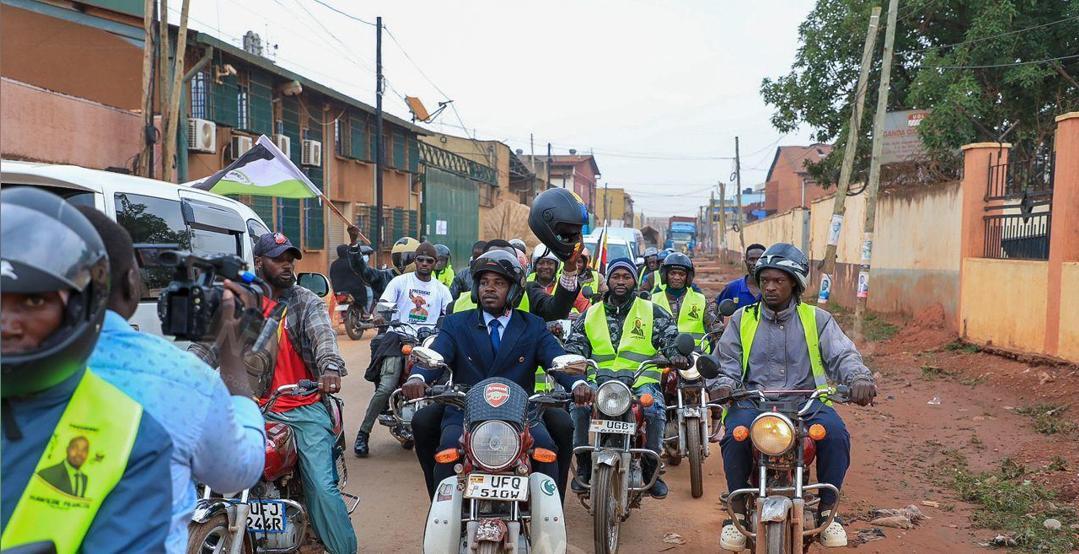Africa-Press – Uganda. A diverse and sometimes bewildering array of individuals has begun the arduous journey to contest Uganda’s presidency, with 28 aspirants collecting nomination forms from the Electoral Commission (EC).
The early rush reveals a field crowded with seasoned politicians alongside a wave of young, often idealistic first-time challengers, all facing the daunting task of unseating President Museveni, who has held power for nearly four decades.
Of the 28 aspirants, 25 are running as independents, a clear sign of widespread frustration with the political status quo. Yet this surge also raises questions about the seriousness and viability of many bids.
The Commission’s spokesperson, Paul Bukenya, confirmed the number of aspirants and outlined the steep hurdles ahead: collecting 9,800 signatures from at least 98 districts and paying a Shs20 million nomination fee.
These barriers have historically narrowed the field to a handful of credible contenders, leading critics to argue they effectively exclude grassroots challengers.
Among the more outspoken voices is David William Magezi, a Human Resource Manager from Dominion Rescue Foundation, who criticized President Museveni directly while picking up his nomination forms.
Magezi condemned the government’s failures on key issues, including corruption and youth unemployment — concerns that resonate widely with Ugandans frustrated by patronage politics and economic stagnation.
Other candidates highlight their own priorities. Journalist Ivan Kisaakye has positioned himself as a defender of press freedom, pledging to tackle challenges like journalist arrests, torture, and poor remuneration.
Similarly, 25-year-old Sam Koojo from Fort Portal is focusing on job creation, fighting corruption, and improving health and education—issues at the heart of many young Ugandans’ frustrations.
The field also features more unconventional contenders. Moses Mayanja, a farmer from Kyankwanzi, claims a divine mandate to run, stating he received a vision from God and touts his marriage to women from all four regions as a unifying symbol.
While his sincerity is clear, Mayanja’s unique approach illustrates the mix of earnest ambition and spectacle that often marks the early stages of Uganda’s elections.
A notable contingent of student aspirants, all under 25, have joined the race with bold platforms. Law student Pollin Nankambwe promises to “fight corruption from its roots,” while fellow law student Alvin Mivule aims to “revolutionize Pan-Africanism.”
Business administration student Wycliffe Wasajja has proposed introducing the death penalty for convicted corrupt officials.
Despite their energy, these youthful candidates face a steep climb to collect signatures and convince voters of their readiness to lead.
Adding a measure of continuity, former candidates John Katumba and Elton Joseph Mabirizi have returned.
Katumba, known for his 2021 campaign, now promises “free housing for married couples.”
Mabirizi, running under the Conservative Party banner after contesting in 2016, campaigns on establishing a federal government system and strengthening public institutions—longstanding, yet politically challenging goals in Uganda.
As the race unfolds, the key question will be whether any challenger can rise above the noise to truly engage a frustrated electorate.
With the Electoral Commission’s high entry barriers and the entrenched power of the incumbent, many of the 28 aspirants may fade away, leaving behind a story of idealism struggling against the hard realities of Uganda’s political landscape.
For More News And Analysis About Uganda Follow Africa-Press






